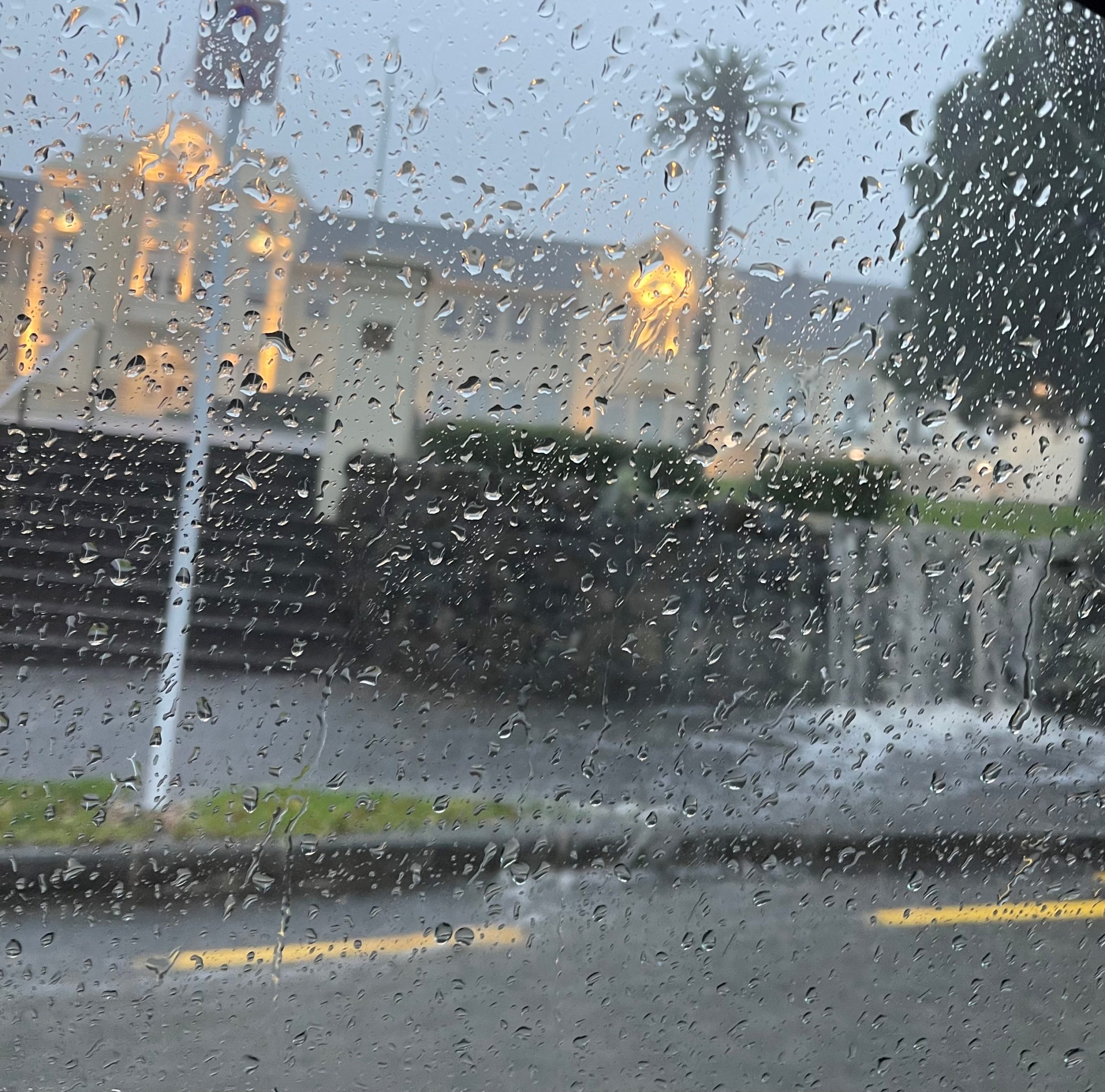
Current position
After the Auckland Anniversary Weekend Flooding many property owners and business will have had, or continue to face, a massive clean-up job. Teams of volunteers and contractors are working flat out to get contaminated furnishings out of homes as fast as possible, to decontaminate and dry out homes and businesses, make them safe and sanitary again, and to attempt to avoid further water and mould damage.The Auckland Council (and other local authorities) must as a priority ensure that critical infrastructure is operational given the serious risks to people’s safety if our power, water supply, and wastewater systems cannot cope. Right now, the most important thing is for Auckland to get back up on its feet as quickly as possible.
Notify claims promptly
Property or business owners affected by the flooding, need to notify claims to insurers straightaway. Insurers are busy due to the high volume of claims. The longer you leave notifying your insurer, the longer it will be until you (as an insured) have indemnity confirmed. It will also become harder to satisfy your insurer of vital details.
Understand your policy
Insurance policies are a contract between an insurer and insured that sets out which losses are covered and which are not. It will help both parties to resolve claims under that contract more quickly if there is a common understanding about how that contract operates.
Generally, the first and most important question is whether the loss is covered by the insuring clause. The next issue is whether any exclusions apply. Additionally, extensions may displace exclusions. (Extensions can also contain exclusions).
An added complexity with flooding claims is that some related events, such as slips and subsidence, are covered by the Earthquake Commission (EQC) scheme, although initially EQC claims for insured property are manged by private insurers.
Mitigate loss
Importantly, insureds under a contract of insurance have a duty to mitigate their losses. The concept of a “prudent uninsured” is used to help describe what is expected from insureds. An insured is required to take all the steps that “a responsible (and or reasonable) person” who was not insured would take to minimise their loss. Practically, following a flooding event, an insured will need to clean up as best as they can to minimise further damage to the insured property.
Gather evidence
In ordinary times insurance companies prefer to gather their own evidence from specialist assessors and trained loss adjusters. However, the scale of the Auckland flooding event means that it won’t be possible for insurers to send an assessor to every property before clean-up needs to be undertaken. You can help yourself and your insurer by gathering good evidence of the loss. Keep accurate and well organised written, video, and photographic records of the damage to property and contents to minimise the scope for misunderstanding further down the track.
Scale and timing
Flooding is New Zealand’s most frequently occurring natural disaster but there are two things about the Auckland event that have made the scale of loss significantly greater.
First is the urban nature of the area affected. Auckland is our most densely populated region. The damage to a large number of residential and commercial premises will be costly to repair. Second, the flash flooding nature of the event meant that people did not have an opportunity to protect their property (for example by sandbagging or moving valuables to higher ground). Some people did not even have a chance to safely move vehicles.
While we hear that the insurance industry is mobilising to bring on additional resource to help process claims, the scale of the event is going to put our insurance system under pressure. Claims will take longer to process.
Premium increases
Businesses and households will need to be prepared for increases in insurance premiums. The scale of this event means New Zealand based insurers will be drawing on their overseas based reinsurance to cover their losses. This will result in insurance in New Zealand becoming more expensive, as the cost of reinsurance will in turn increase.
Intensification
Central Government mandated intensification plan change processes are currently underway. Hundreds of submitters in urban areas have raised their concerns about the lack of adequate stormwater infrastructure. The magnitude of this flooding event underlines the concern of these submitters.
It remains to be seen whether central government directed intensification requirements will change to take into account the recent flooding events. The strategic aim of developing well-functioning urban environments cannot be met when our largest city is under water. Further intensification requires that there is sufficient infrastructure in place. The funding, timing, and delivery of the integration of infrastructure with development in Auckland is clearly of critical importance to the whole of New Zealand’s economy.
If you need advice on any of the issues raised in this article, please contact Geoff Beresford | Civil Litigation and Insurance Partner | 0277 396 896
Disclaimer. The information in this article is intended to provide a summary of the topic covered and is for general information only. It is provided without charge, is not comprehensive, and does not provide legal advice or other advice. Please seek independent advice before acting on any information in this article.
